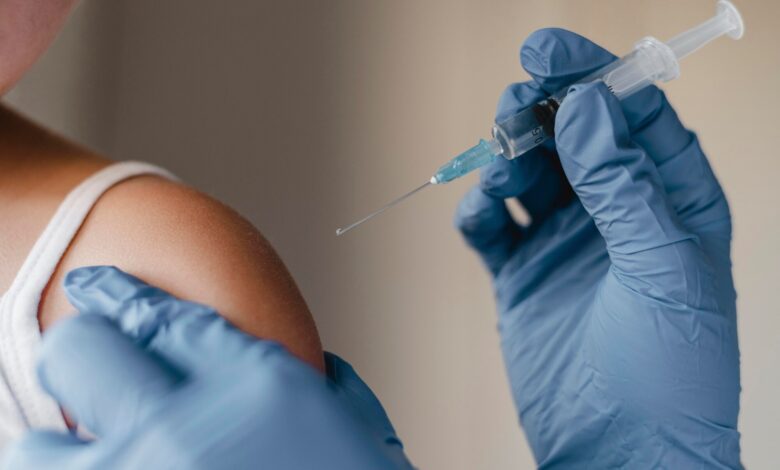Ministry of Health and Child Care to Launch Mass Bilharzia Vaccination and Treatment Campaign in Beitbridge

The Ministry of Health and Child Care has announced a targeted mass vaccination and treatment programme against bilharzia (schistosomiasis) in selected wards of the Beitbridge district, responding to a recent surge in infections. The campaign is scheduled to run from June 23 to June 27, focusing on eight wards identified as current bilharzia hotspots.
In a public notice issued on Wednesday, the Ministry revealed that the initiative will cover wards 2, 3, 4, 5, 6, 10, 11, and 12 in Beitbridge, where local health officials have recorded increasing cases. The programme will primarily target children aged five years and older, but treatment will be available free of charge for both adults and children within the affected communities.
Community members in the selected wards are encouraged to visit nearby schools, clinics, or designated vaccination centres during the campaign period to receive treatment. For further information or inquiries, residents can contact Beitbridge health officials at 0782 091 863 or 0773 585 642, as stated by the Ministry.
Bilharzia is a parasitic disease caused by schistosome worms and is contracted through contact with contaminated freshwater. Common activities such as swimming, bathing, or washing clothes in infected water bodies expose individuals to the larval form of the parasite, which penetrates the skin and matures into adult worms residing in the blood vessels.
Treatment involves the administration of praziquantel, a single-dose medication taken with food and water. Praziquantel is effective against all major species of the Schistosoma parasite. Due to the life cycle of the worms, which become more susceptible to treatment as they mature, health experts advise that treatment may need to be repeated several weeks after the initial dose to ensure complete eradication.
This campaign forms part of the Ministry’s ongoing efforts to control bilharzia and improve public health outcomes in Zimbabwe, especially in regions prone to waterborne parasitic infections. Early treatment and preventive measures are critical in reducing the disease burden and preventing complications associated with schistosomiasis.
The Ministry urges all residents in the affected wards to participate actively in the programme to safeguard their health and that of their communities.




